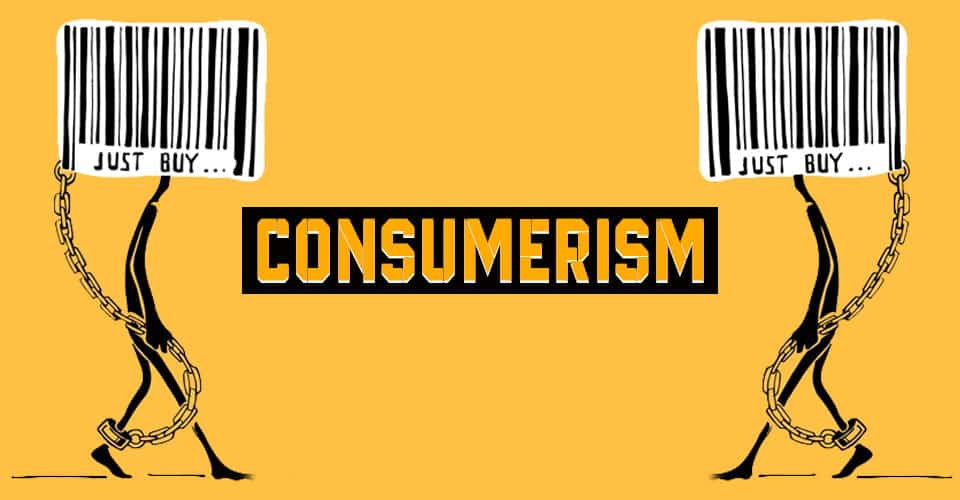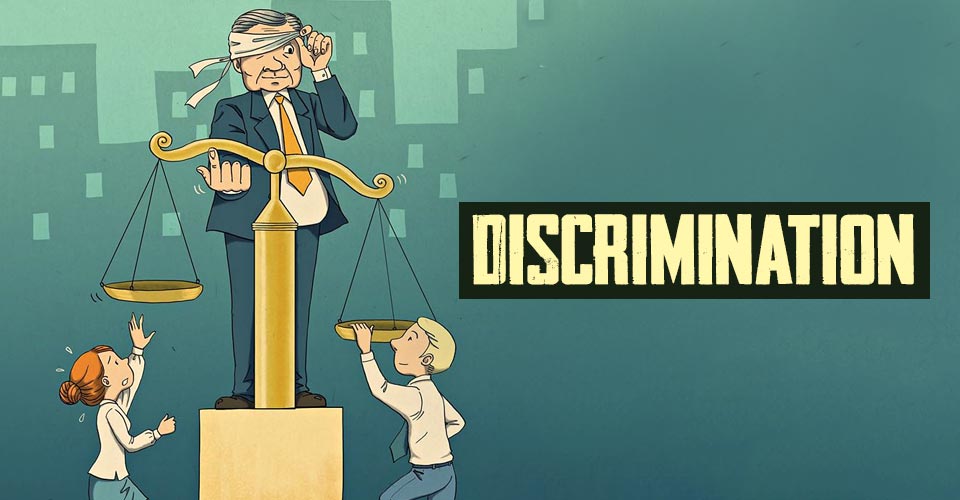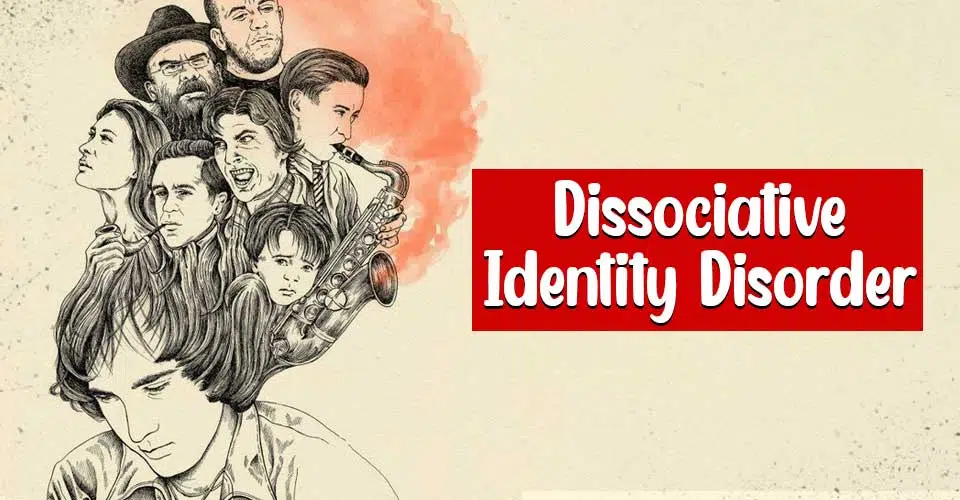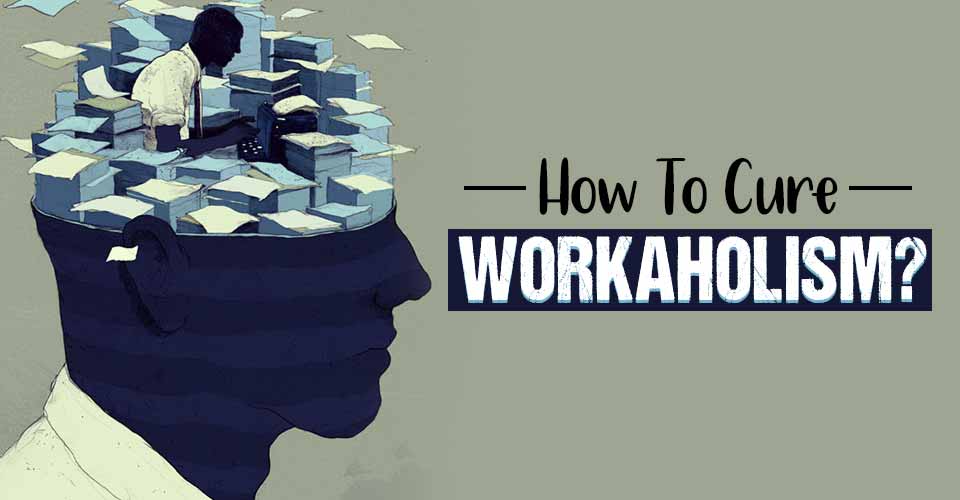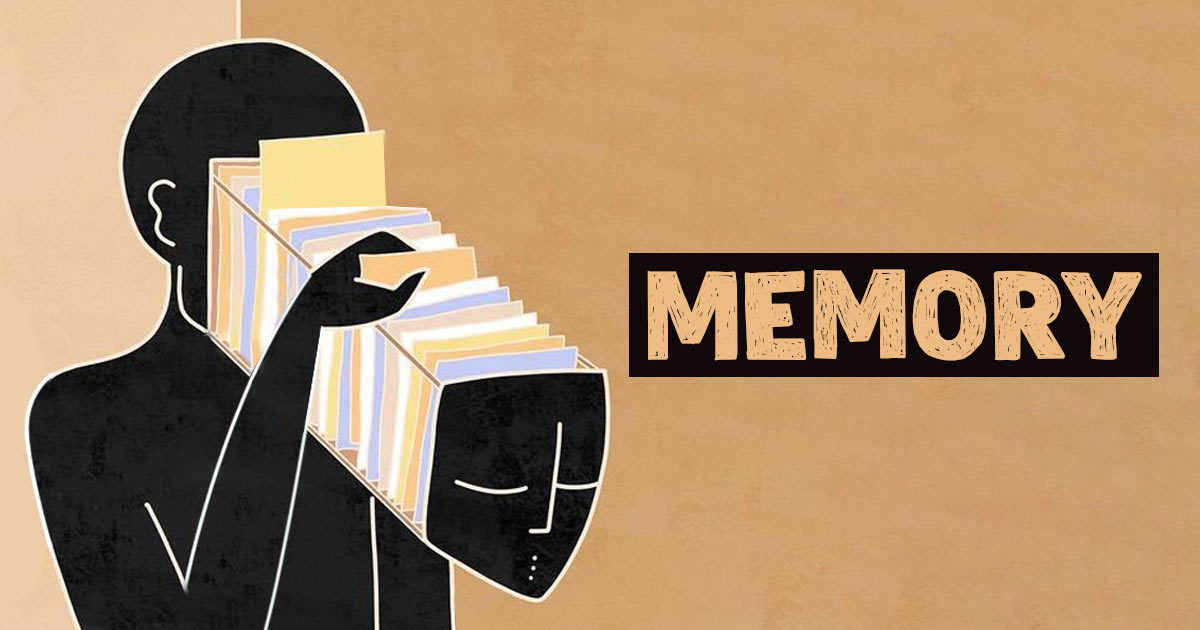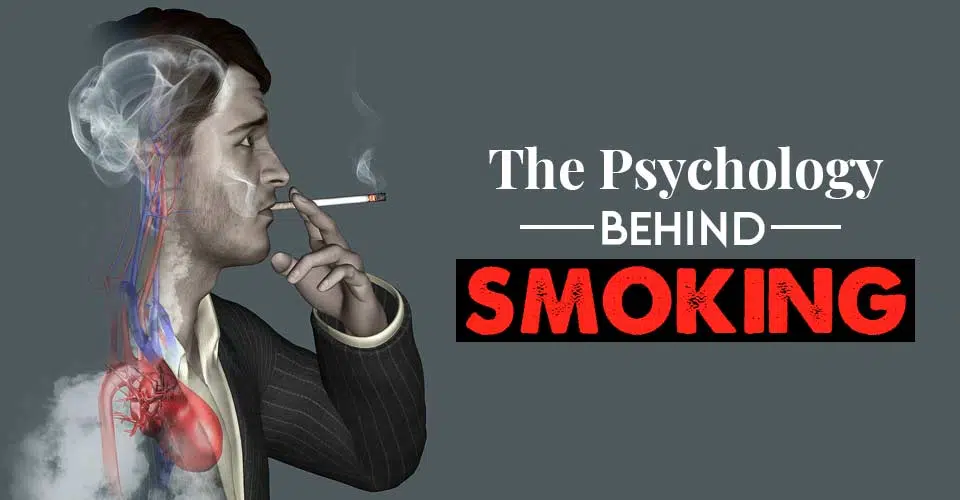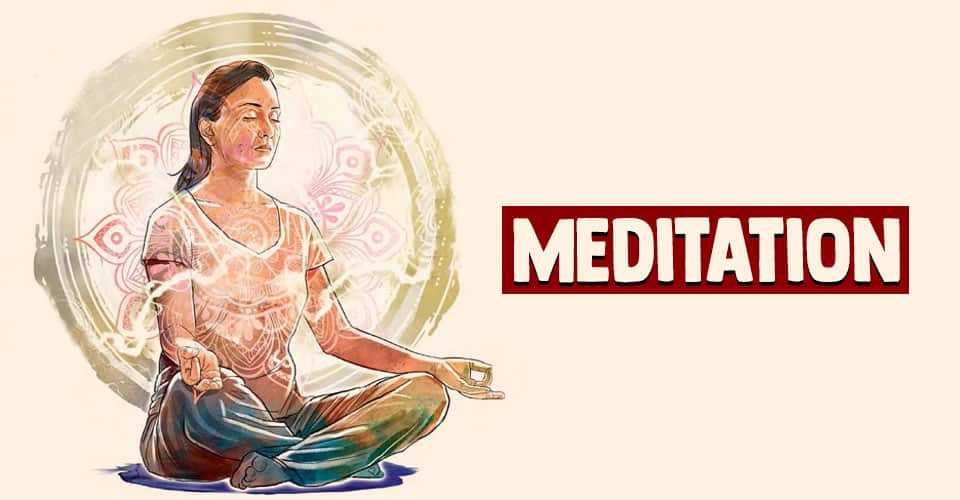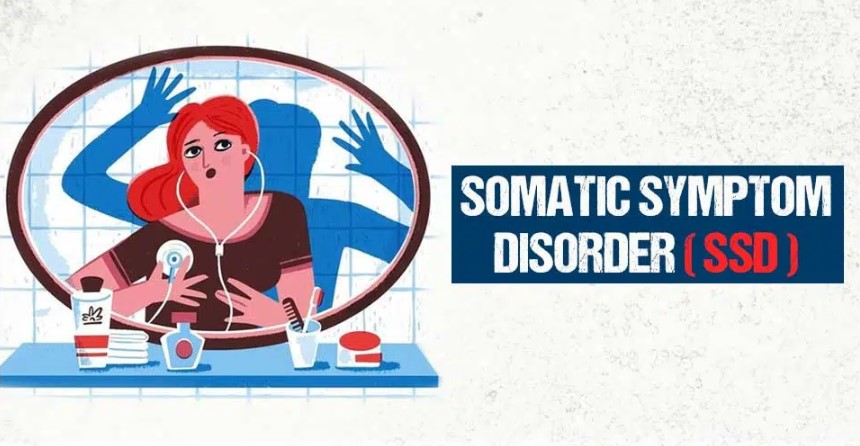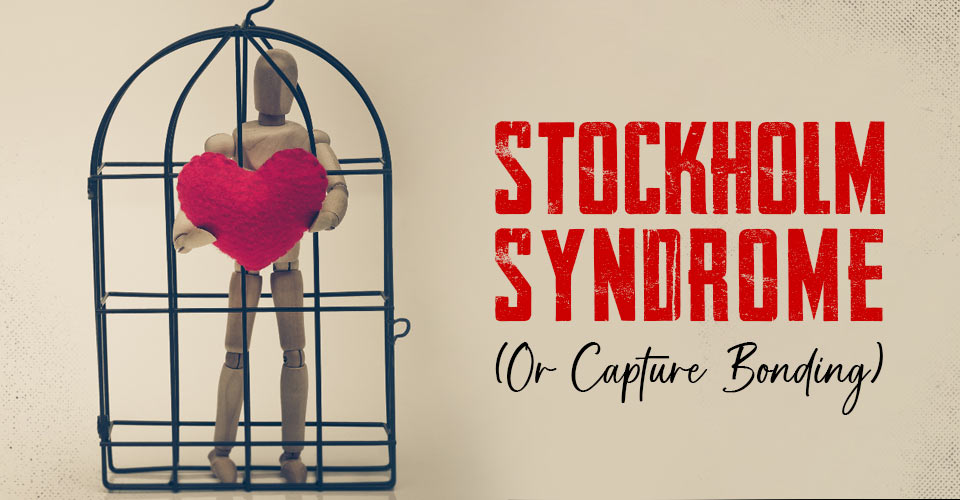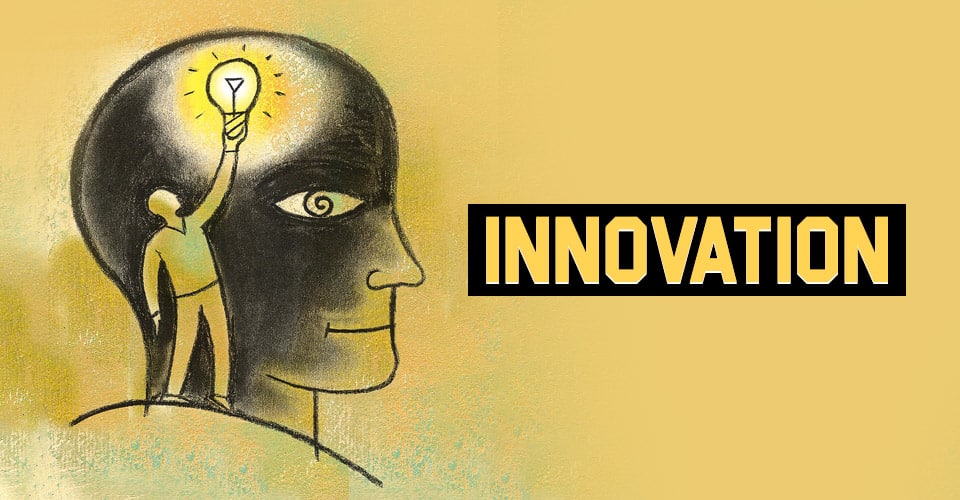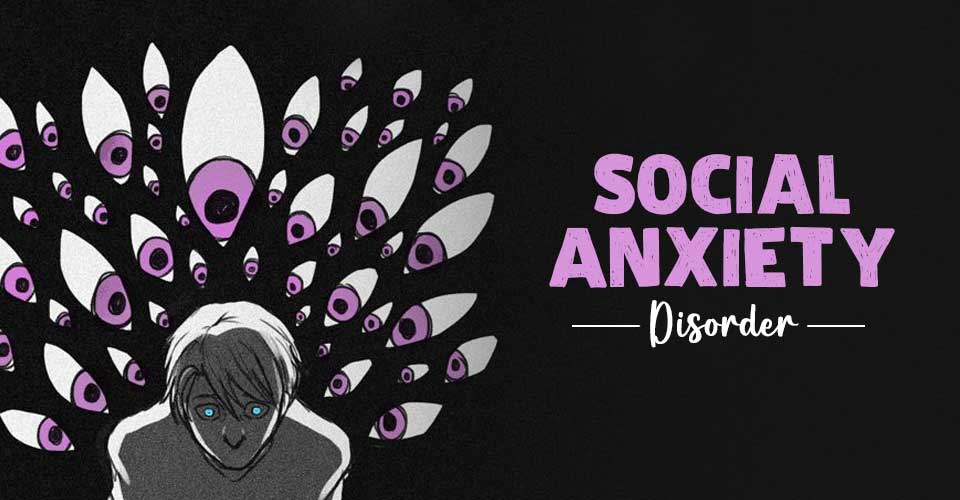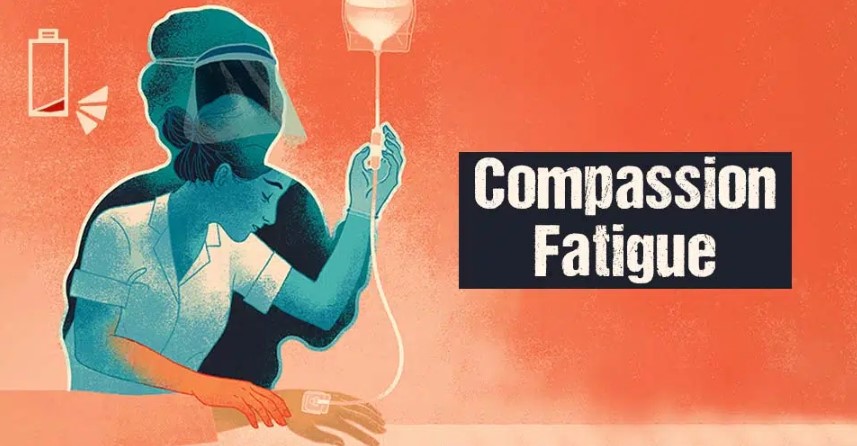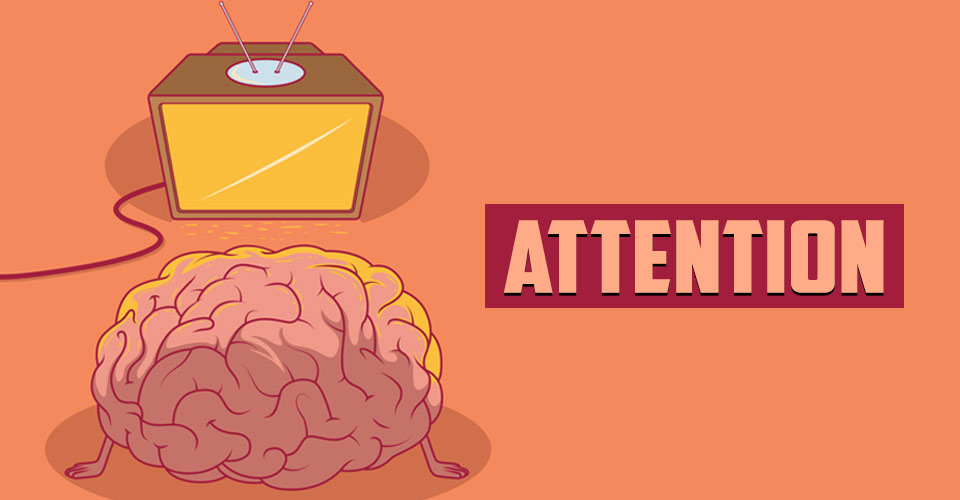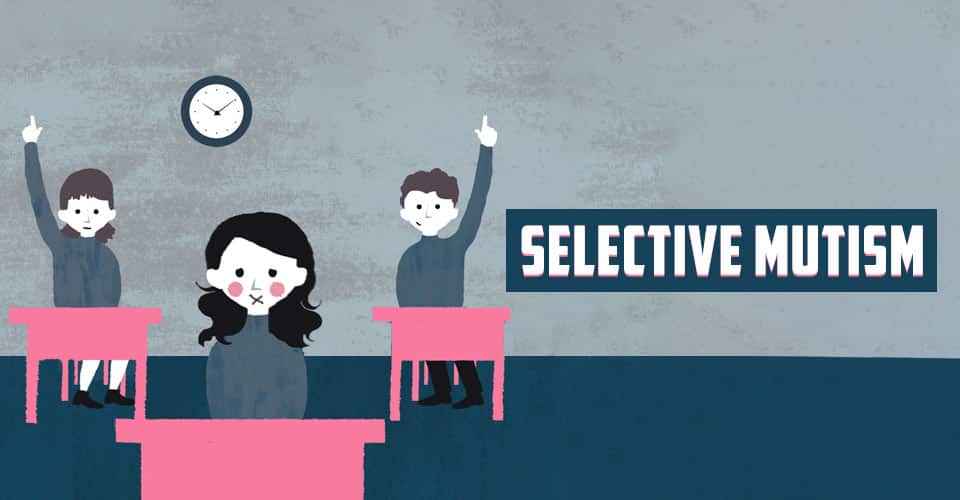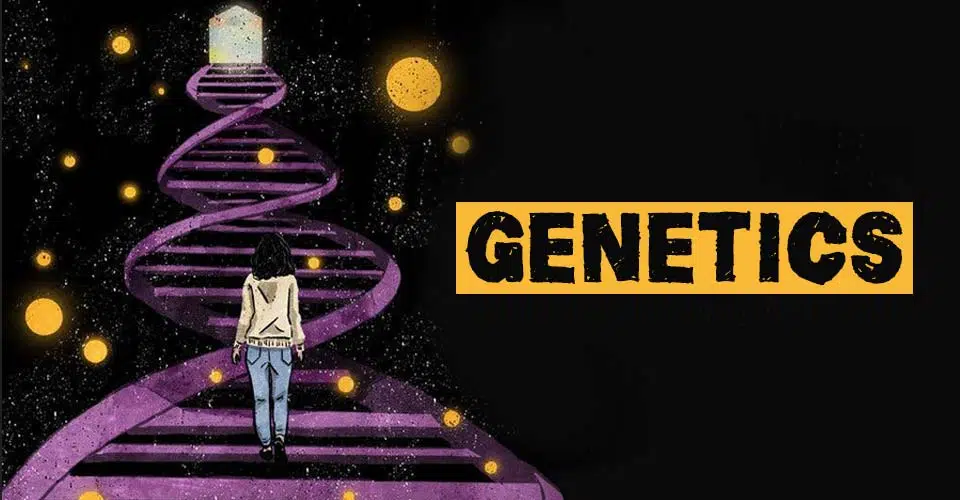Consumerism is an idea that upholds the acquisition of goods and services. Being informed about the effects of consumerism on mental health is crucial in navigating the complex interplay between consumption-driven cultures and psychological resilience.
What Is Consumerism?
Consumerism refers to the social and economic ideology 1 Bellieni C. V. (2018). Consumerism: a threat to health?. Journal of the Royal Society of Medicine, 111(4), 112. https://doi.org/10.1177/0141076818763332 that encourages the acquisition of goods and services in ever-increasing amounts. It is a phenomenon where the consumption of goods is often seen as a primary driver of economic growth and prosperity. This ideology emphasizes the satisfaction of material desires and consumption as a means of achieving happiness and status.
Features Of Consumerism
Consumerism is characterized 2 Almond P. (2001). What is consumerism and has it had an impact on health visiting provision? A literature review. Journal of advanced nursing, 35(6), 893–901. https://doi.org/10.1046/j.1365-2648.2001.01932.x by several key aspects:
- Materialism: A focus on the acquisition of material goods and possessions.
- Advertising And Marketing: Extensive advertising and marketing efforts to create demand for products and influence consumer behavior.
- Disposable Culture: A tendency to view products as disposable, contributing to a cycle of continuous consumption and disposal.
- Status Symbolism: The association of certain products with social status and identity.
- Globalization: The spread of consumer culture across borders, influencing diverse societies.
Read More About Consumer Behavior Here
How Does Consumerism Work?
Consumerism works by creating a constant cycle of desire and fulfillment 3 Godlewska-Werner, D., Mąkinia, A., Zawadzka, A. M., & Falkowska, P. (2020). Consumerism at work and its relationship to employees’ personal goals, self-concept clarity, well-being and growth mindset. Health psychology report, 9(4), 358–371. https://doi.org/10.5114/hpr.2020.100415 through the marketing and sale of goods and services. Companies employ sophisticated advertising techniques to create a sense of need or want for their products, tapping into emotional triggers and societal norms. This leads consumers to purchase items, often beyond their basic needs, contributing to economic growth.
Simultaneously, planned obsolescence and trends drive a continuous cycle of consumption, encouraging frequent upgrades and purchases. The result is a self-perpetuating system where consumer demand fuels production and economic activity, reinforcing the cycle of consumerism.
What Are The Effects Of Consumerism On Mental Health ?
The effects of consumerism on mental health is multifaceted 4 Hibbard, J. H., & Weeks, E. C. (1987). Consumerism in health care. Prevalence and predictors. Medical care, 25(11), 1019–1032. https://doi.org/10.1097/00005650-198711000-00001 , affecting self-perception, emotional well-being, and social connections:
- Idealization Pressure: Consumerism promotes beauty, success, and lifestyle ideals, pressuring conformity.
- Financial Strain: Exposure to consumer culture leads to overspending, debt, and financial stress.
- Self-Image Impact: Comparisons to media ideals result in low self-esteem and feelings of inadequacy.
- Pursuit Of Happiness: Seeking fulfillment through possessions often leads to temporary satisfaction and subsequent emptiness.
- Mental Health Impact: Unattainable consumer ideals contribute to anxiety and depression.
- Identity Crisis: Linking self-worth to possessions creates identity crises when unattainable or lost.
- Environmental Awareness: Consumerism guilt arises from awareness of its environmental impact, leading to eco-anxiety.
- Relationship Tension: Prioritizing materialism strains personal connections, fostering loneliness and isolation.
Read More About Self-Esteem Here
Pros And Cons Of Consumerism
Consumerism drives economic growth 5 Urowitz, S., & Deber, R. (2008). How Consumerist Do People Want to Be? Preferred Role in Decision-Making of Individuals with HIV/AIDS. Healthcare policy = Politiques de sante, 3(3), e168–e182. by stimulating demand for goods and services, leading to job creation and innovation. It provides individuals with access to a wide range of products, improving their quality of life and offering convenience and variety. Additionally, consumerism can foster competition among businesses, encouraging them to improve their offerings and keep prices competitive.
However, consumerism can lead to over consumption, which strains natural resources and contributes to environmental degradation. This approach can also trigger mental health disorders 6 Granero, R., Fernández-Aranda, F., Mestre-Bach, G., Steward, T., Baño, M., Del Pino-Gutiérrez, A., Moragas, L., Mallorquí-Bagué, N., Aymamí, N., Gómez-Peña, M., Tárrega, S., Menchón, J. M., & Jiménez-Murcia, S. (2016). Compulsive Buying Behavior: Clinical Comparison with Other Behavioral Addictions. Frontiers in psychology, 7, 914. https://doi.org/10.3389/fpsyg.2016.00914 like hoarding disorder, compulsive buying, shopping addiction, etc.
Constant consumption promotes a culture of materialism, where people equate possessions with happiness and self-worth, potentially leading to debt and financial stress. It also contributes to a throwaway culture, where products are quickly discarded, increasing waste and pollution.
Read More About Stress Here
Tips To Achieve Balanced Consumerism
Consider the following tips 7 Shah, S. S., & Asghar, Z. (2023). Dynamics of social influence on consumption choices: A social network representation. Heliyon, 9(6), e17146. https://doi.org/10.1016/j.heliyon.2023.e17146 to achieve balanced consumerism:
- Mindful Consumption: Be aware of what you buy and its impact.
- Sustainable Choices: Opt for eco-friendly products and packaging.
- Local Support: Purchase from local businesses to reduce carbon footprint.
- DIY & Repair: Fix and create things instead of always buying new.
- Minimalism: Simplify possessions to essentials for a clutter-free life.
- Second-hand Shopping: Explore thrift stores and online marketplaces.
- Budgeting And Saving: Allocate funds for meaningful purchases, not impulsive buys.
- Quality Focus: Invest in well-made items that last longer.
- Avoid Trends: Resist fads, choose timeless styles and products.
- Share And Borrow: Collaborate with friends or use sharing platforms for occasional needs.
Takeaway
The intricate relationship between consumerism and mental health is undeniable. As individuals, we are bombarded with messages urging us to acquire more, leading to a perpetual cycle of consumption that can have profound impacts on our well-being. It is crucial for us to cultivate mindfulness in our consumption habits, recognizing that true fulfillment does not come from possessions but from meaningful connections, personal growth, and a balanced approach to material goods. By fostering a culture that prioritizes mental health over material wealth, we can strive for a more contented and emotionally resilient society.
At A Glance
- Consumerism is an ideology promoting the acquisition of goods and services, emphasizing material desires and consumption for happiness and status.
- It involves materialism, extensive advertising, disposable culture, status symbolism, and globalization.
- Companies create desire through marketing, leading to frequent purchases beyond basic needs, driving economic growth.
- While consumerism has pros like economic growth and innovation, it also leads to overconsumption, mental health disorders, and a materialistic culture.
- Tips for balanced consumerism include mindful consumption, sustainable choices, supporting local businesses, minimalism, etc.
Frequently Asked Questions (FAQs)
1. How does consumerism affect human behavior?
Consumerism shapes human behavior by promoting materialistic values and encouraging constant consumption.
2. How does consumerism affect the self?
Consumerism affects the self by tying self-worth to material possessions, leading to a cycle of comparison, dissatisfaction, and low self-esteem.
3. Does consumerism cause depression?
Consumerism can contribute to depression through financial strain, unfulfilled desires, and a sense of inadequacy.
4. Why is consumerism so addictive?
Consumerism is addictive due to its promise of instant gratification, creating a cycle where buying becomes a way to cope with emotions or seek happiness.

